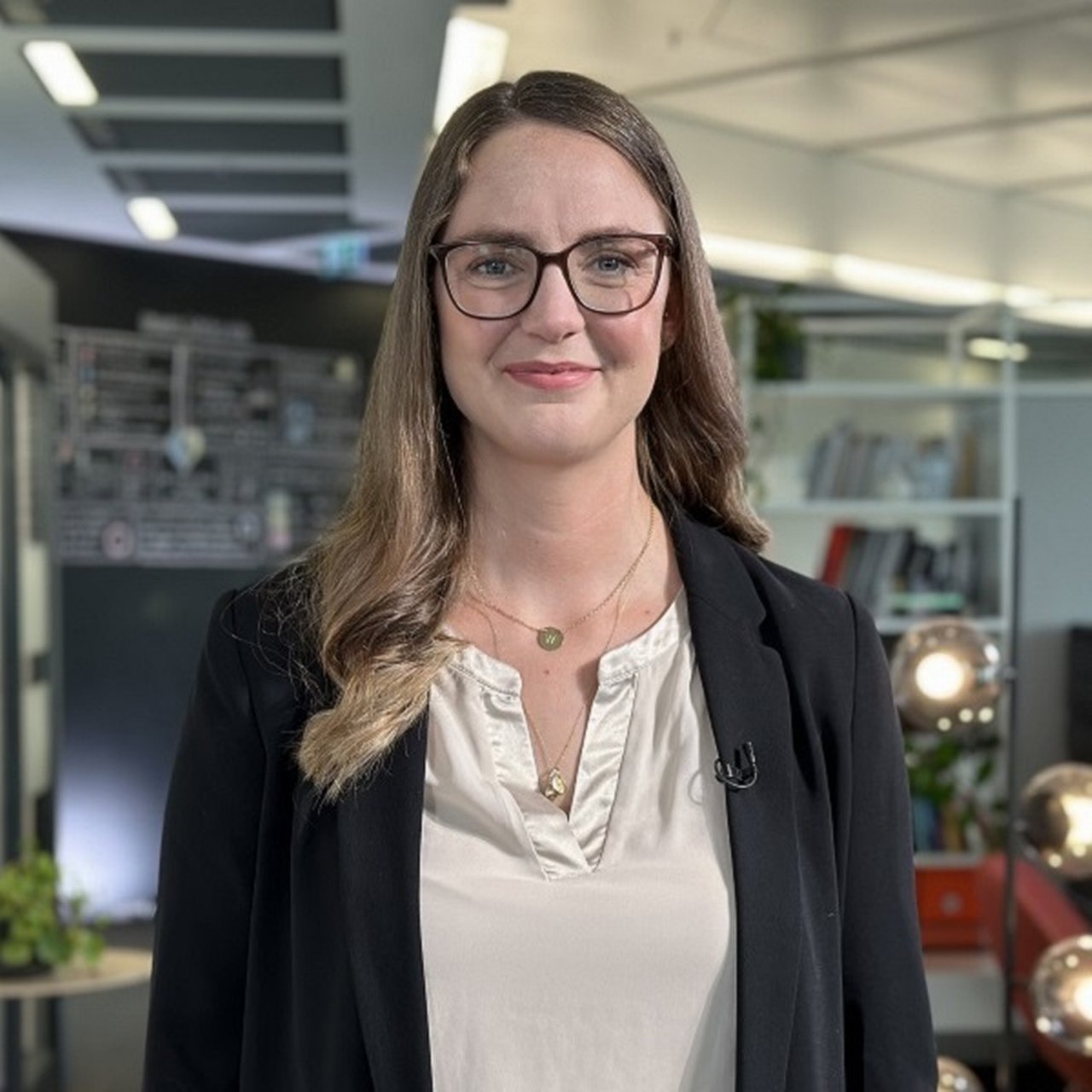Sustainability is always in fashion
Garments made from plastic waste, coffee, and old tires: Spanish fashion company Ecoalf is a pioneer in implementing a circular business model proving that stylish urban fashion can be both sustainable and profitable.

In a prime location in Madrid, in Santa Barbara Palace, is Ecoalf’s Spanish flagship store, where large displays around the space immerse shoppers in the beauty of the oceans - a beauty that the fashion brand wants to preserve. When it opened in 2021 to mark Ecoalf’s tenth anniversary, stores in Berlin, Tokyo, Paris and Milan had already proven the successful internationalization of the company. The sales floors in those hubs are more than just that, though. Designed with Ecoalf’s clear mission in mind, they are sustainable and make conscious use of resources. They even play host to events on the topic of sustainability.
Ecoalf is a fascinating company. It is great to see companies thrive whose business models are sustainable both in business as well as in societal and ecological terms.
Brand with a mission
Mission and fashion clearly go hand in hand at the 14-year-old fashion label; it is one of the first things you understand when talking to Ecoalf founder and CEO Javier Goyeneche. “I thought long and hard about how to solve the sustainability problem in fashion, looked at various NGOs – but that was too slow for me, too much discussion.”
I wanted to make a difference and prove that you can be economically successful with sustainable, circularly produced fashion.
His first collection in 2012 consisted of six jackets and two backpacks – all made from plastic waste and in partnership with a Taiwanese company that was using waste plastic bottles to make fabrics for carpets. Today, more than 1,500 stores around the globe stock the Ecoalf label and the firm has been profitable since 2021.

Javier Goyeneche, Founder and CEO of Ecoalf

Samples of recycled material
Plastic waste from the Mediterranean Sea
To manufacture the fabrics for its collections, one of the things Ecoalf uses is plastic waste from the sea. Between 4.8 and 12.7 million tons of plastic end up in the oceans every year – an enormous problem for animals and nature. Fishermen also accidently catch more and more plastic. That is why the Ecoalf Foundation started its “Upcycling the Oceans” initiative, a project that collaborates with fishermen to recover the trash caught in their nets.
Collaboration with fishermen
More than 4,200 fishermen are involved in the project and, since 2015, have already removed nearly 1,500 tons of plastic waste from the ocean – mostly the Mediterranean Sea. They deliver it to one of 71 participating ports for it to be sorted, processed, and recycled.
As Ecoalf clothing is part of a cycle, the products are also designed so that they can be easily recycled at the end of their lifetime. "That's why 70 percent of our collection is made of mono-material," says Carolina Blázquez, Head of Innovation & Sustainability at Ecoalf – in other words, from one single material.

New collection from reycled materials

Carolina Blázquez
The most important thing is the quality of the fabric.
„We don’t design, we eco-design“
Ecoalf does even more things differently: "We don't just make the designs like conventional brands; we look at what we have in terms of fabrics and design on that basis," says Blázquez.
A repair service is now also part of Ecoalf's customer offering, as is the possibility of purchasing second-hand pieces.
Ecoalf therefore fulfils important criteria of the circular economy, as demanded by the Ellen McArthur Foundation, a think-tank that is one of the pioneers in the field.

Designing at Ecoalf
Honorable commitment
Javier Goyeneche and his team have received several awards for their commitment, most recently from the Schwab Foundation for Social Entrepreneurship. "This gives us public tailwind for our work," says Goyeneche, who also goes to schools and passes on his knowledge to children, paving the way for the critical consumer of tomorrow.
After all, they will be a driving force behind lasting change in the fashion industry.

About Ecoalf
Ecoalf’s mission has been to make a new generation of recycled products with the same quality and design as the best non-recycled. For the past 14 years, Ecoalf has become synonymous with its claim BECAUSE THERE IS NO PLANET B® and developed more than 500 recycled fabrics recycling over 44 million plastic bottles since 2021, tonnes of discarded fishing nets, used tires, post-industrial cotton and wool… saving over 223 million liters of water and 4,410 tonnes of CO2 with their Fall-Winter 2023 collection, committed to NetZero Emissions by 2030.

Sonja Dammann
… works in Deutsche Bank’s editorial team and loves to tell story about inspiring companies and founders. In digging deep into the circular economy topic she wonders, why a quite “rational” and convincing model still is such a niche.
Recommended content
Responsible Growth | Photo Story
Using AI to stop the flood of plastic Against the plastic flood - with AI and entrepreneurial spirit
CleanHub organises waste disposal in parts of Indonesia, India, Tanzania and Cambodia – places where a municipal waste collection system has yet to be established.
Responsible Growth | Crisp & Short
On track for a circular economy? Are we on track for a circular economy?
We look at which countries are already diligent recyclers, what gets thrown away the most and how the market might develop.
Responsible Growth | Opinion
Why we need the circular economy Be mindful of what you consume
Charlotte Woodside, sustainability expert at Deutsche Bank, explains the necessity of a circular economy and what role the bank is playing.







